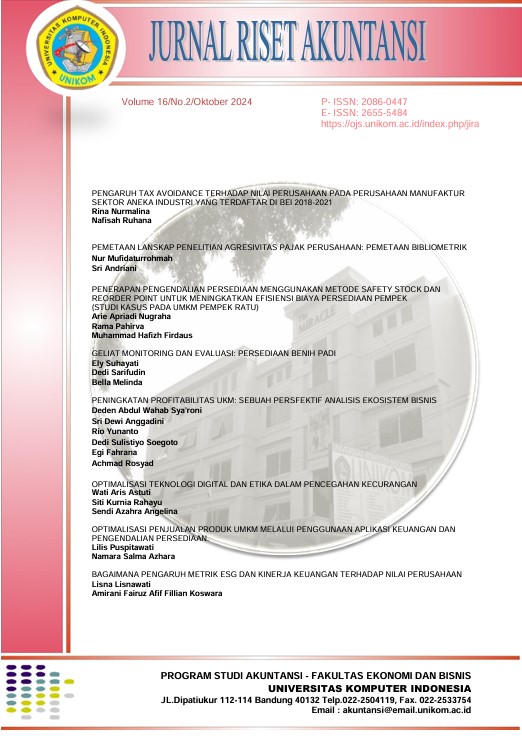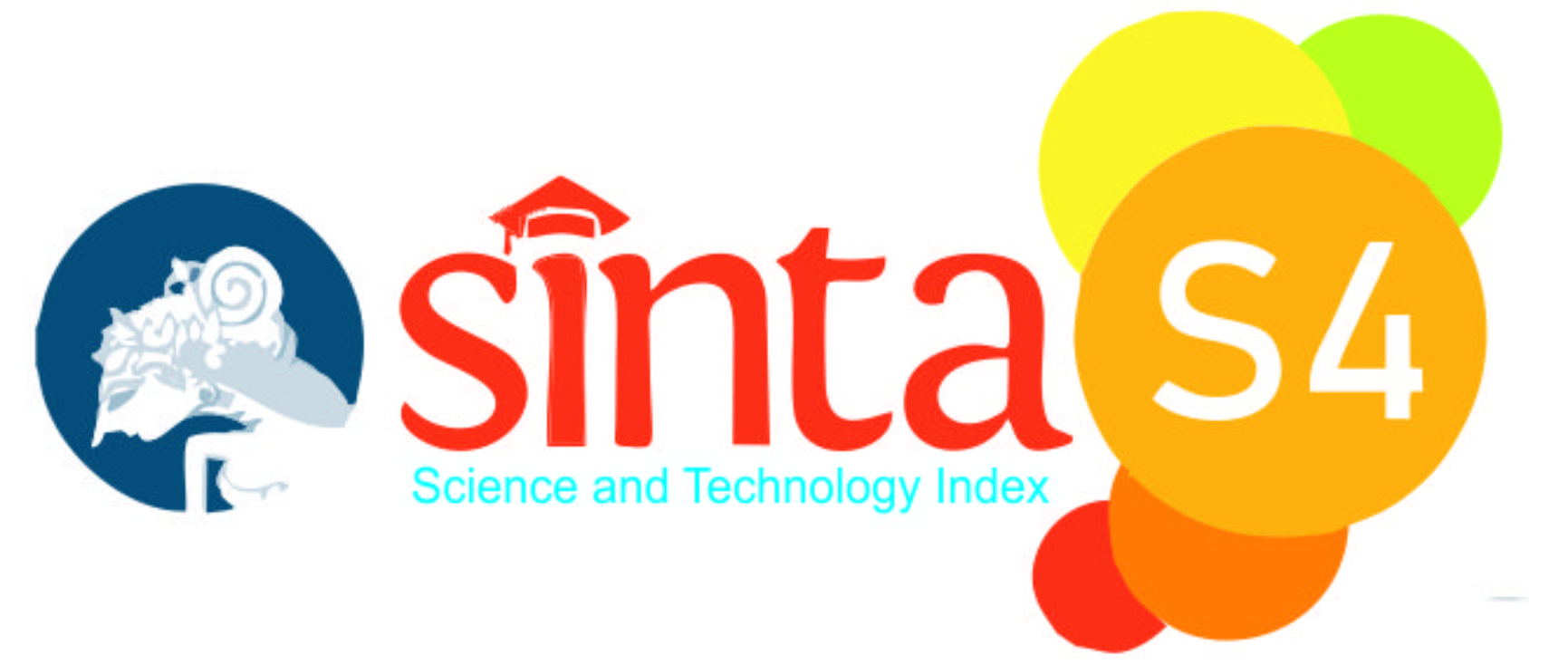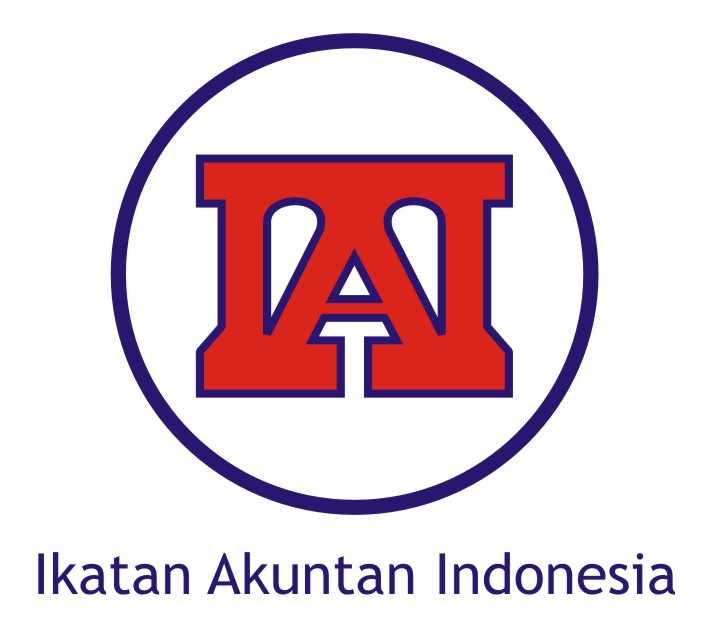OPTIMIZATION OF DIGITAL TECHNOLOGY AND ETHICS IN FRAUD PREVENTION
DOI:
https://doi.org/10.34010/jra.v16i2.13878Abstract
This study aims to empirically test the effects of information technology audits and professional ethics have a positive effect on fraud prevention efforts in financial services companies. To support this study, the method used by the researcher is a descriptive and verification analysis method with a quantitative approach to 40 auditors from 12 financial services companies. Data were collected by distributing questionnaires via Google Form with data analysis carried out using the multiple linear regression method with the help of SPSS software version 2.3. The results of the analysis show that information technology audits and professional ethics both have a significant positive effect on fraud prevention efforts. This finding emphasizes the importance of integration between information technology, audit practices, and professional ethics in maintaining the security and integrity of the company from potential fraud. This study provides an important contribution to understanding how these factors interact in the context of fraud prevention in companies.





.png)
.png)

.png)
.png)

